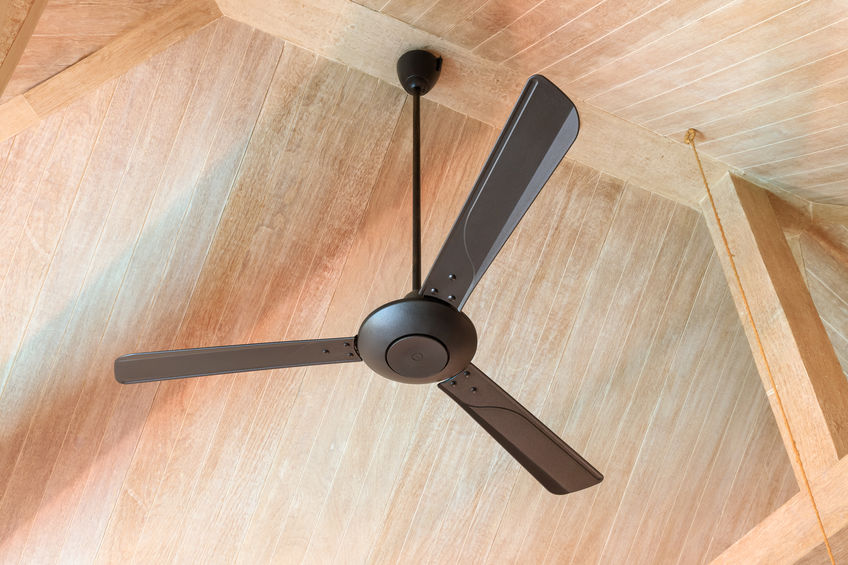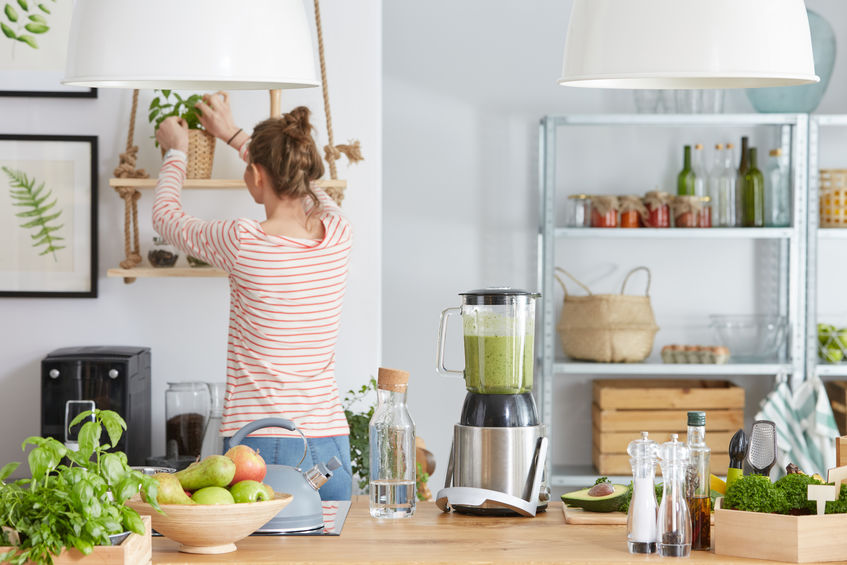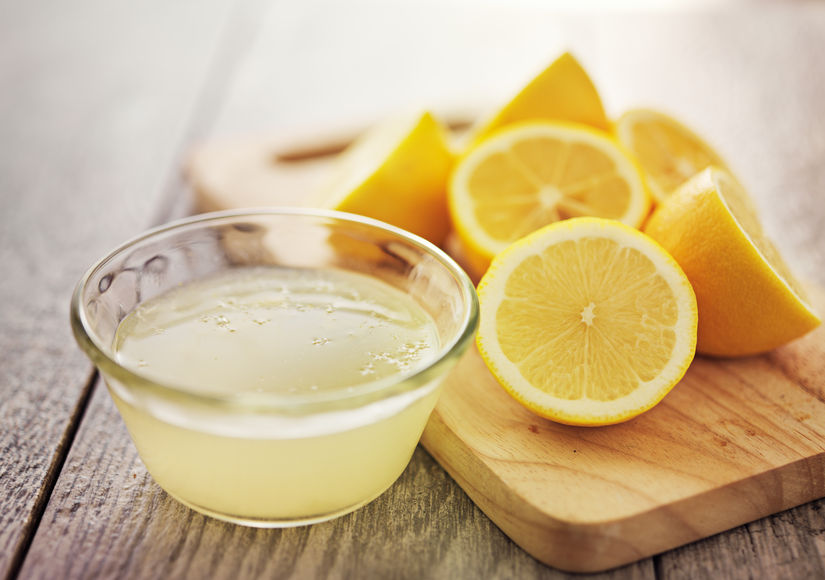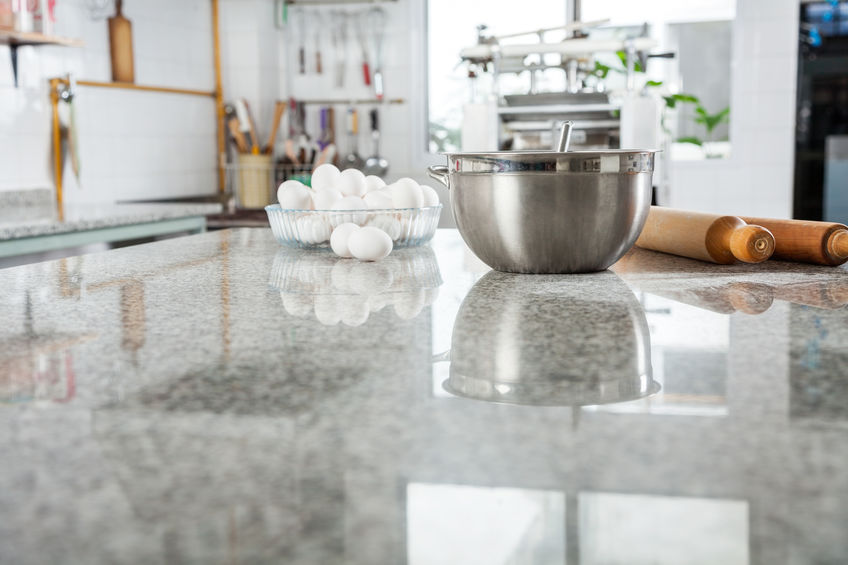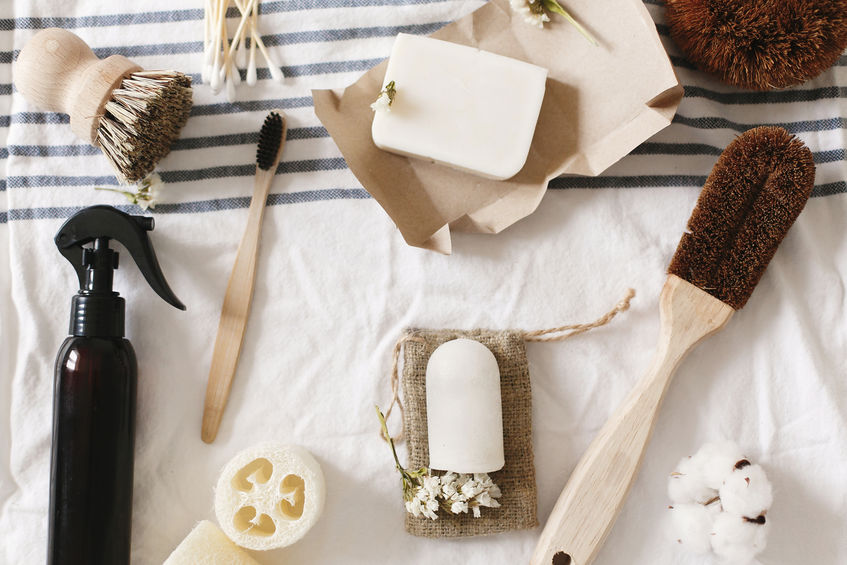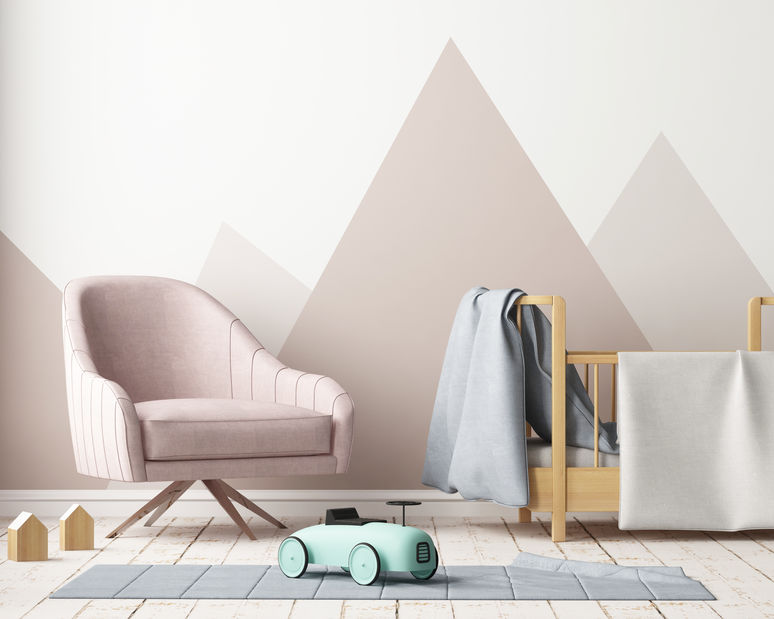
How often do you walk past items that are stacked in a corner or piled up on a table? If you are like most people with busy lifestyles, it is almost a given. We get so busy with work, school, children, and home life that we start to ignore those messy spots and even program ourselves to walk past them.
Fortunately, winter is the perfect time to declutter and purge unneeded household items. Just by decluttering one room per week or month, you will be surprised at how much better you feel and how nice and tidy the house looks! Our easy tips and tricks are listed below for creating a better work/home balancing act just by decluttering. Let’s take a look!
The Bathroom
Start in the bathroom using a 40-gallon heavy-duty yard bag and begin cleaning underneath your cabinets and inside of your drawers. You will want to remove all old and unused bottles as well as expired beauty and bath products. Of course, with expired medicines, remove or mark out the identifying information. For the eco-friendly person, simply drain the remaining contents of plastic bottles and containers, rinse with water, and place it in your recycle bin. Just be sure to safety dispose of all old medicines.
The Kitchen
Next, head to the kitchen. We know the kitchen will take some extra time, especially if you declutter well. Begin in the fridge and check all the bottled and packaged items’ expiration dates on the labels. Next, move on to the freezer and do the same thing. Again, use a large yard bag or take the time for the environment and recycle the bottles and plastic containers, etc.
The Home Office
The unwanted paper around the house like junk mail, advertising flyers, old homework, and expired newspapers should be removed next. Again, place in a large yard bag or recycling bin, but make sure you use a shredder for anything that has personal confidential information.
The Playroom
Old, broken toys and sports equipment are always a given and should be discarded for safety purposes. Many of these items are large and take up a lot of room. Also, many of these are covered in dirt, and other things we do not want to think about that will most definitely contain bacteria. If there are items that are still in good shape, donate them, sell at a consignment store, or sell them online.
As always, please let us know how your task turned out, and please share your thoughts and ideas below in the comment section. Happy decluttering!



